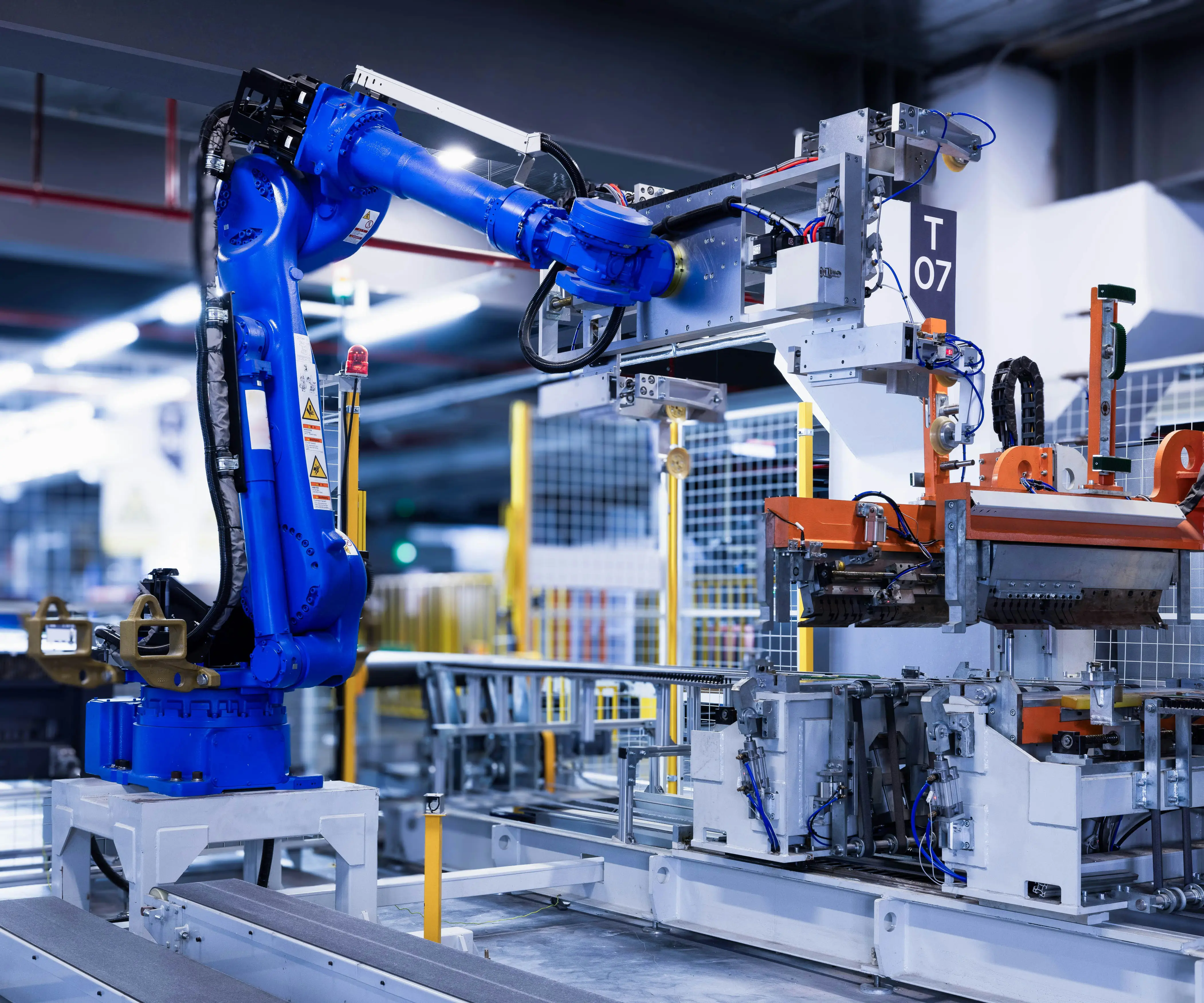When it comes to choosing the right motor for your application, the decision between an induction motor and a servo motor can be a bit overwhelming. Both have their strengths, but which one is best for your needs? Let’s break it down in simple terms.

What’s the Real Difference?
An induction motor is often the go-to choice when simplicity and cost-effectiveness are key. These motors are known for their rugged design and ability to run on basic electrical setups. They operate without needing an extra controller and are generally maintenance-free, which makes them a favorite for many industrial and home applications. They’re reliable and offer a consistent performance in situations where precise control isn’t crucial. Think of a conveyor belt or a pump – the motor doesn't need to be aware of every movement; it just needs to run smoothly.
In contrast, a servo motor is like the perfectionist of the motor world. It’s designed for high precision and responsiveness, which makes it ideal for applications where exact positioning is critical. Whether it’s robotics or CNC machinery, servo motors shine when you need precise control over speed, torque, and position. Unlike the induction motor, a servo motor needs a controller to function, allowing it to adjust its performance in real-time. The trade-off here is that you’re looking at a more complex setup and higher initial costs. But when precision is a must, it’s hard to beat a servo motor.
Which One Fits My Needs?
The question isn't always about which motor is "better" but which one suits your application. Let’s consider a few scenarios:
If you’re working with basic applications that don’t require high precision, such as a fan or a pump, an induction motor will likely be the better option. It’s reliable, cost-effective, and easy to integrate into simple systems.
On the other hand, if your project demands high accuracy, like in CNC machines or robotic arms, a servo motor is probably the way to go. The control you get over its movement is second to none, making it the preferred choice in settings where performance must be flawless.
Durability vs. Precision
Induction motors tend to be more durable and have a longer lifespan when operating in less-demanding environments. They’re built to last without the need for intricate control systems. Meanwhile, servo motors, while also durable, require a bit more maintenance due to their complex control systems. However, their precision makes them an essential part of advanced technology and machinery, where the smallest misstep can be costly.
Cost Considerations
Let’s talk about cost for a moment. Generally speaking, induction motors are more affordable upfront. You’ll find them in many everyday machines simply because they offer great value for the price. Servo motors, however, carry a premium due to their complexity and the precision they offer. That’s something to keep in mind when budgeting for a project.
When to Choose One Over the Other?
Choosing between an induction motor and a servo motor ultimately boils down to the application and what you prioritize. If you need something that’s low-maintenance, cost-efficient, and doesn’t require precision, go for an induction motor. But if your focus is on performance, accuracy, and real-time control, a servo motor is worth the investment.
In the end, both motor types have their place in the world of machinery. Whether you’re improving an existing system or designing something new, understanding the difference will ensure you make the right choice for your project’s needs.
Established in 2005, Kpower has been dedicated to a professional compact motion unit manufacturer, headquartered in Dongguan, Guangdong Province, China. Leveraging innovations in modular drive technology, Kpower integrates high-performance motors, precision reducers, and multi-protocol control systems to provide efficient and customized smart drive system solutions. Kpower has delivered professional drive system solutions to over 500 enterprise clients globally with products covering various fields such as Smart Home Systems, Automatic Electronics, Robotics, Precision Agriculture, Drones, and Industrial Automation.




































